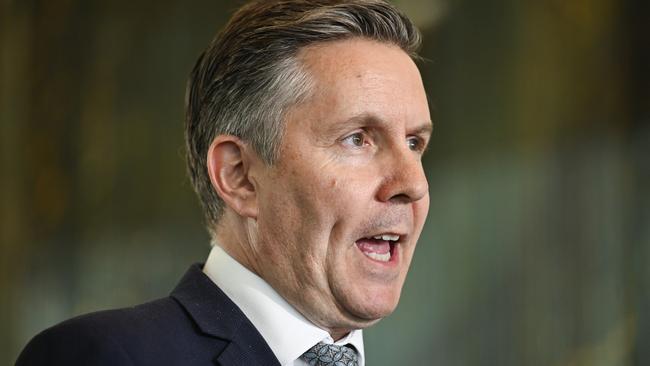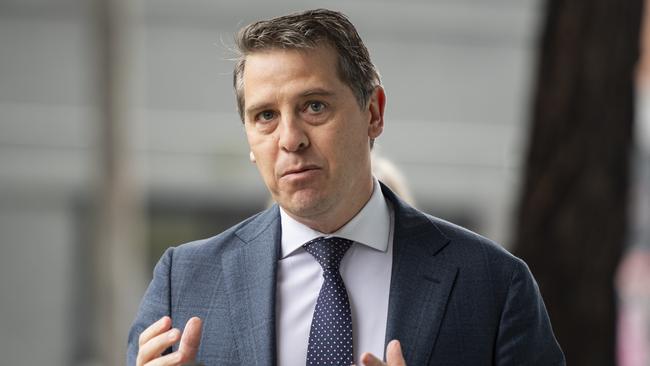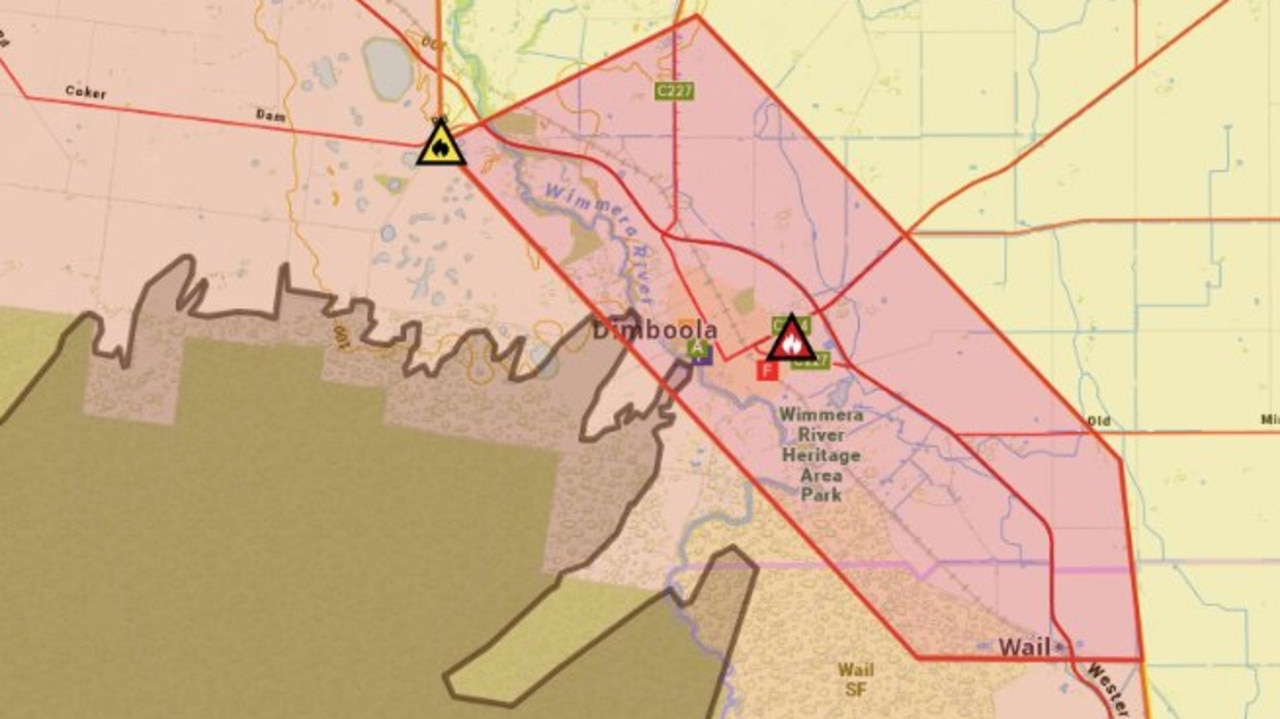Federal Health Minister Mark Butler urges action over pay dispute with NSW public hospital psychiatrists
Federal Health Minister Mark Butler has warned a possible mass walkout of one state’s hospital psychiatrists would risk “devastating consequences”.

Federal Health Minister Mark Butler has urged both the NSW government and public hospital psychiatrists to return to the bargaining table amid a threat of mass walkout over a pay dispute.
To date about 200 of the state’s 295 public hospital psychiatrists have tendered their resignations over a long-running pay dispute, with the Australian Salaried Medical Officers Federation of NSW calling for a pay increase of 25 per cent, and rejecting the government’s offer of 10.5 per cent over three years.
The union has said a lack of pay parity with their counterparts in other states has led to systematic staffing shortages of 140 psychiatrists across the state.
Negotiations remain at a standstill, however, both parties will meet at the Industrial Relations Committee on Tuesday, with a bargaining meeting with the Health Ministry slated for Thursday.
Mr Butler said threat of a mass resignation would have “devastating consequences” for the state’s public health system, and called on both parties to “do whatever they possibly can to resolve this negotiation”.
“I really urge them both to get back to the table and to resolve this in the interests of patients,” he told reporters on Monday.

“I have the utmost respect for the work that our public psychiatrists do. It really is some of the hardest work in our mental health system that we have (and) the don’t earn as much as they could be earning if they were fully working in the private system.
“We know that this is this is a sense of mission that drives so many public psychiatrists to do the important work that they do, and I know that they don’t it lightly but it would be devastating to have the sort of mass resignation that is being contemplated.”
Over the weekend, NSW Health Minister Ryan Park made an impassioned appeal to psychiatrists working in the hospital sector, calling on them not to proceed with the resignations.
“We once again say to a psychiatrist; please don’t do this, remain at the table, don’t do this to patients, don’t do this to the healthcare system that I know you love and support, don’t do this to your colleagues who I know you value and trust,” he said.
“It is absolutely critical that we remain at the negotiation table, that we continue to work through the IRC and that this action and mass resignation does not proceed with.”

However, he said the government could not “sign up” to their pay demands, which in some cases would increase wages by about $90,000, or roughly 25 per cent.
“I know the work you do across the health system broadly, not just in relation to mental health, is important, and I know the work that you do with some of the most vulnerable is critical, but we simply cannot afford that type of wage increase now,” he said.
As a contingency measure, Mr Park said the state government had engaged with the Commonwealth and private sector in order to secure additional workforce capacity, if required.
Efforts will also be made to bolster mental health services at Health Direct, with plans to convene a mental health operations centre to manage the crisis and potential gaps in the system.
ASMOF NSW’s acting executive director Ian Lisser accused the government of ignoring the problem for the past 16 months, and urged Mr Park to fix the “broken system”.
“Why would a psychiatrist want to work for NSW Health when they could be 30 per cent better off working somewhere else?” he said.
“The NSW government has failed to be an attractive employer and is now spitting the dummy when no one wants to work for them.
“Instead of pleading with psychiatrists to stay, perhaps Ryan Park should address the root of the problem and meet their very reasonable demands of pay parity.”



